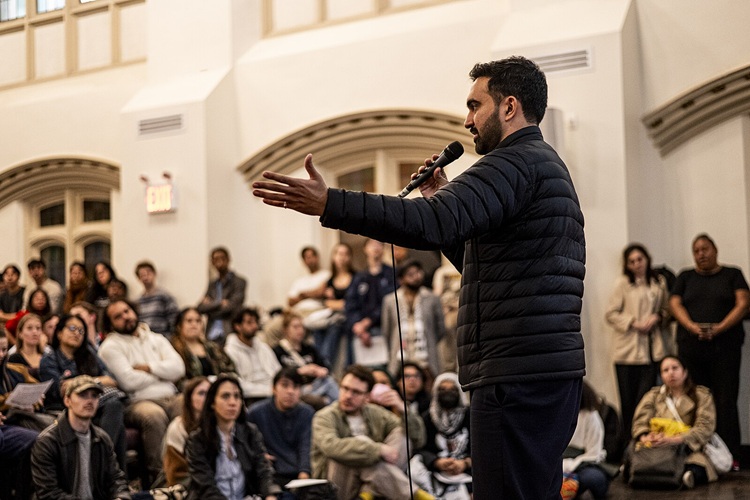Zohran Mamdani’s nomination as the Democratic candidate for mayor of New York City has caused unease among traditional Democrats and confusion among many others. Mamdani openly identifies as a “socialist” and has expressed views suggesting that private property may not be necessary, that housing should be government-owned, and that the means of production should be nationalized.
Considering the historical failures of such systems in the 20th century—seen in countries like Russia, China, North Korea, and Cuba—one might wonder how such ideas could still be seriously considered in the 21st century. To understand this, it’s important to examine the ideological background.
Today, few Marxists possess a solid understanding of conventional economic theory. It’s not just that they haven’t studied it thoroughly—it’s that they fundamentally reject the validity of mainstream economics. They often view traditional economic models as little more than justifications for capitalism.
This wasn’t always the case. Karl Marx himself was deeply influenced by classical economists like Adam Smith and David Ricardo. In the early 20th century, some economists, including Fred Taylor, Abba Lerner, and Oscar Lange, explored the possibility of a socialist economy functioning efficiently under certain conditions.
As the century progressed, however, practical implementations of socialism revealed significant flaws. Many of these systems were ruled by authoritarian leaders more focused on maintaining power than on economic efficiency. According to estimates, millions of civilians were killed under these regimes—21 million under Nazi Germany, 70 million in the Soviet Union under Stalin, and 35 million in China under Mao Zedong.
Political scientist R. J. Rummel estimated that nearly 170 million people were killed by their own governments during the 20th century, with the majority of these deaths occurring under socialist regimes. In these systems, the ruling elite lived in luxury while the general population endured poverty, often under the threat of torture or execution.
Ironically, this mirrors Marx’s critique of capitalism, where capitalists supposedly lived off the surplus value created by workers. In practice, however, it was not capitalists but socialist leaders who enjoyed privilege at the expense of the working class.
Modern left-wing movements seem to have abandoned the pursuit of economic efficiency or a deep understanding of market mechanisms. Many believe that if prices are too high, the government can simply lower them without consequence, and if wages are too low, the government can raise them without negative effects.
This mindset assumes that high prices or low wages are solely the result of greed, and that government intervention will only curb that greed. In reality, market prices serve essential functions in allocating resources efficiently.
Mamdani has proposed several policies, including rent control, doubling the minimum wage to $30 per hour, and government-run grocery stores. Economists, however, widely agree that rent control reduces housing availability and deteriorates housing quality—something clearly explained in standard economics textbooks, including those co-authored by Nobel laureate Paul Krugman.
Similarly, while some economists argue that modest minimum wage increases may not significantly impact employment, nearly all agree that large increases—such as California’s recent jump from $15 to $20—can lead to job losses. Indeed, after that increase, the state saw a drop of 18,000 fast-food jobs.
The idea that government-run grocery stores could outperform private businesses is, at best, unrealistic. The real question is not why candidates like Mamdani promote such ideas, but why economists are not more vocal in opposing them.
Paul Krugman, a well-known liberal economist, expressed support for Mamdani’s victory in the New York City primary, highlighting the ongoing ideological divide within the Democratic Party.
— news from El Diario Exterior
